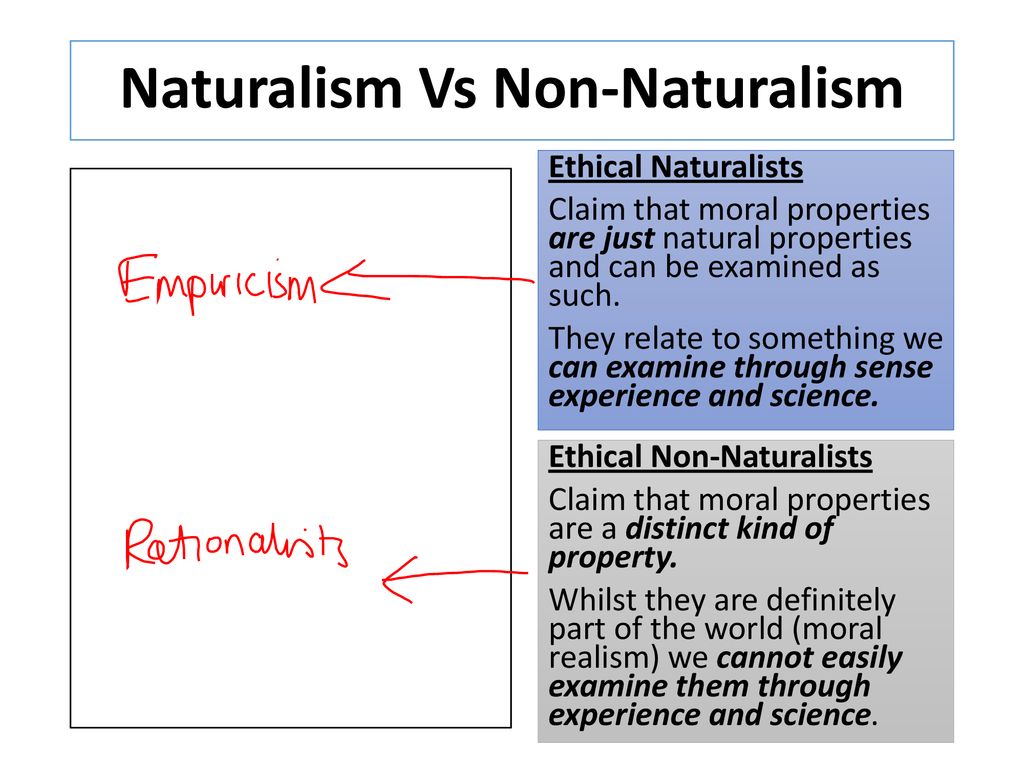
The right has declared a war on wokeness, and they have cast the woke elite as the generals of this opposing force. “Wokeness”, like “cancel culture” and “critical race theory”, is ill-defined and used as a vague catch-all for things the right does not like. In part, this war on wokeness has been manufactured by the right’s elite. In part, the war arises from grievances held by the base. There is even a real foundation to this war—at least on the part of the Americans that can be lumped together as blue-collar folks. I will be focusing on this matter and will try to define the groups and harms as clearly and truthfully as possible.
Put very roughly, the United States has two broad categories of blue-collar folks. There are what are called the traditional blue-collar workers, such as those who work in manufacturing, employees of plumbing businesses, truck drivers and so on. There are also the blue-collar elites; these are people who own small businesses, who are successful self-employed electricians, middle managers at blue-collar industries and similar folk. As with any class, there are degrees in each of these categories. For example, a successful self-employed plumber could be considered a blue-collar elite, but they would be lower on the economic class structure than a businessperson who owns and operates a profitable plumbing business they built up from their one-person business. Someone who simply bought a plumbing company with their inheritance would most likely be a white-collar elite.
The woke, broadly speaking, can be seen as folks on the left who embrace liberal values. While this aspect of the definition is contentious, the woke can be seen as focusing mostly on social issues relating to such factors as race and sexuality and being less (or not at all) concerned about general economic issues. Put crudely, the woke can be seen as breaking away from concerns about the lower economic classes in general and focusing on specific oppressed groups. The woke. . .
Put very roughly, the United States has two broad categories of blue-collar folks. There are what are called the traditional blue-collar workers, such as those who work in manufacturing, employees of plumbing businesses, truck drivers and so on. There are also the blue-collar elites; these are people who own small businesses, who are successful self-employed electricians, middle managers at blue-collar industries and similar folk. As with any class, there are degrees in each of these categories. For example, a successful self-employed plumber could be considered a blue-collar elite, but they would be lower on the economic class structure than a businessperson who owns and operates a profitable plumbing business they built up from their one-person business. Someone who simply bought a plumbing company with their inheritance would most likely be a white-collar elite.
The woke, broadly speaking, can be seen as folks on the left who embrace liberal values. While this aspect of the definition is contentious, the woke can be seen as focusing mostly on social issues relating to such factors as race and sexuality and being less (or not at all) concerned about general economic issues. Put crudely, the woke can be seen as breaking away from concerns about the lower economic classes in general and focusing on specific oppressed groups. The woke. . .
News source: A Philosopher’s Blog
Post Views: 384








